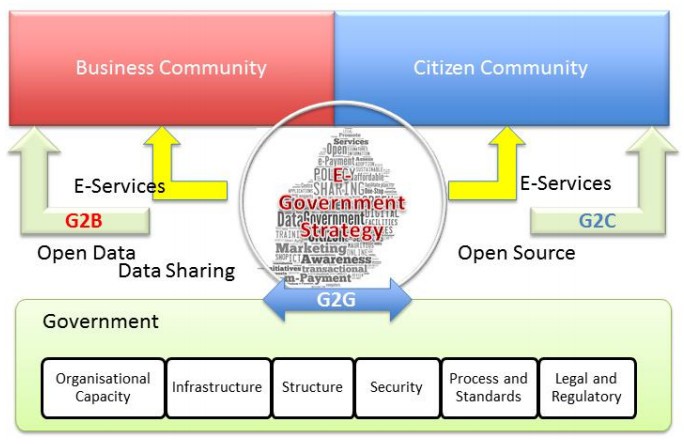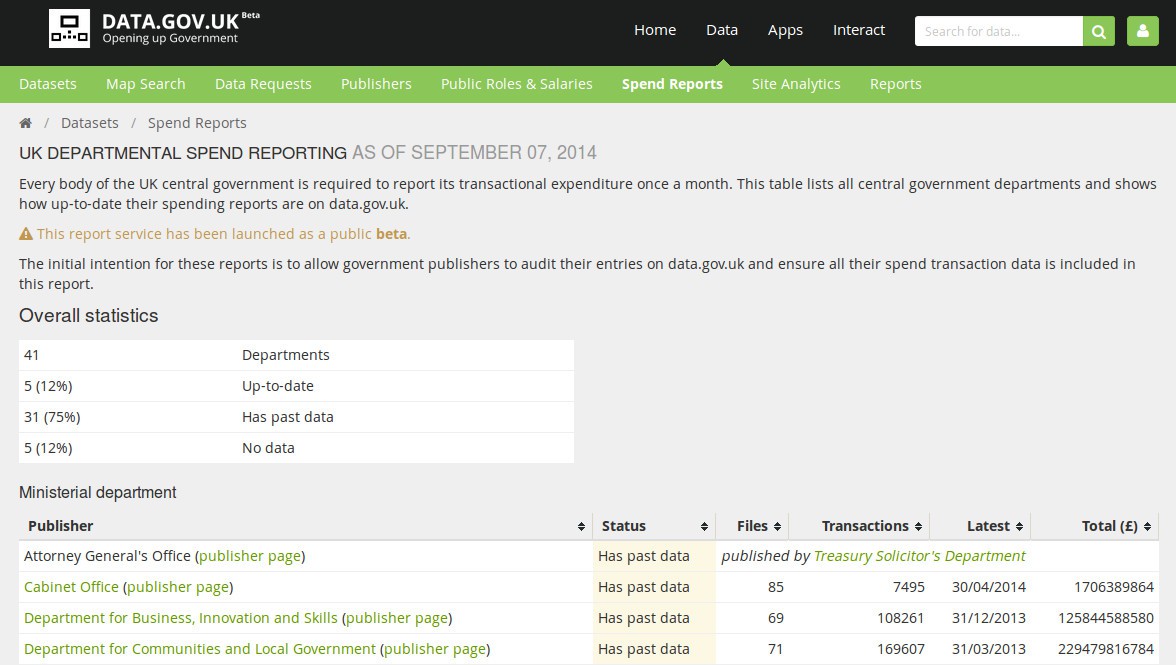Demystifying e-Government Strategy
September 21, 2014
Mauritius has an e-Government Strategy plan set over 2013 - 2017. The first time I had a look at this document I was optimistic. The document mentioned adoption of Open Source and Open Government Data. As an ardent advocate of open standards I was particularly interested with these two « recommendations » among many others. e-Government Strategy plan can be downloaded from the Central Informatics Bureau’s website.

Open Government Data
Open Government Data (OGD) is a platform that allows governments to make information accessible to masses. There are several reasons why to have an Open Government Platform and one of them is:
Transparency. In a well-functioning, democratic society citizens need to know what their government is doing. To do that, they must be able freely to access government data and information and to share that information with other citizens. Transparency isn’t just about access, it is also about sharing and reuse — often, to understand material it needs to be analyzed and visualized and this requires that the material be open so that it can be freely used and reused.
Among countries that have adopted Open Government Data we have the United Kingdom, India, USA, France, Netherlands etc. Open Data allows citizens to be informed of what’s happening within the Government. Information that are made available cover various sectors:
- Cultural: Data about cultural works and artefacts — for example titles and authors — and generally collected and held by galleries, libraries, archives and museums.
- Science: Data that is produced as part of scientific research from astronomy to zoology.
- Finance: Data such as government accounts (expenditure and revenue) and information on financial markets (stocks, shares, bonds etc).
- Statistics: Data produced by statistical offices such as the census and key socioeconomic indicators.
- Weather: The many types of information used to understand and predict the weather and climate.
- Environment: Information related to the natural environment such presence and level of pollutants, the quality and rivers and seas.
- Transport: Data such as timetables, routes, on-time statistics.
Talking of finance, this section helps citizens keep an eye on the government expenditure. A look at UK Government’s finance section might give us an idea.

Once such a platform is implemented in Mauritius it should become easier for us to analyze & understand the government expenditures & tender allocation. The past few months various scandals rocked newspapers. People questioned about transparency when it came to bidding process & tender allocation. Moreover a lot of un-answered questions still lurk hefty projects like MNIS (Mauritius National Identity Scheme) and the Light Rail project.
The e-Government Strategy plan has various other recommendations, it’s a lengthy document and worth a read. I wanted to highlight about Open Government Data so as to make folks realise there exists tools that can be implemented to « reduce if not eliminate » corruption. All we need to do is stop the petty politics and look at real solutions.
I would be glad to see the Open Data Platform being implemented & stop hearing politicians smearing mud at each other. If we have selected them to do a « JOB » then we’d hope they use your mouth less & do the actual job properly.